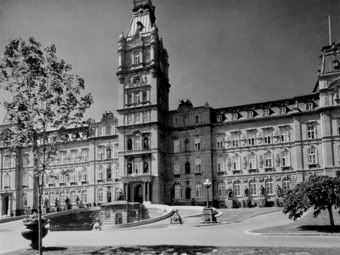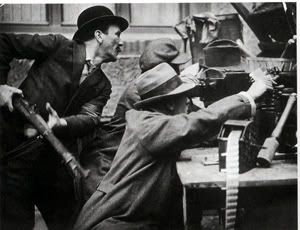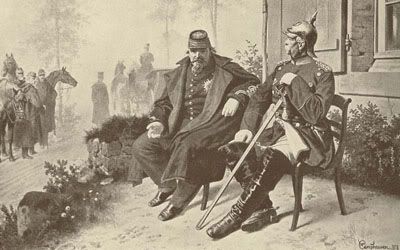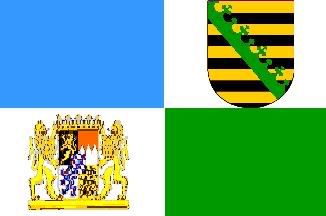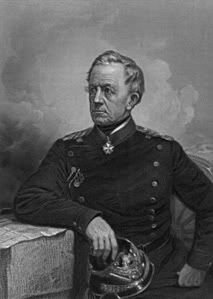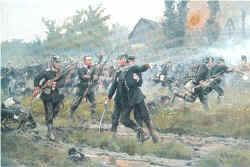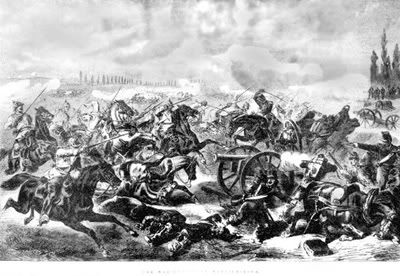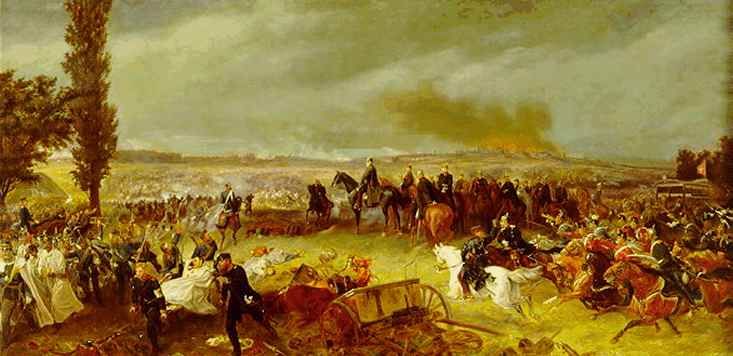September 24, 1871
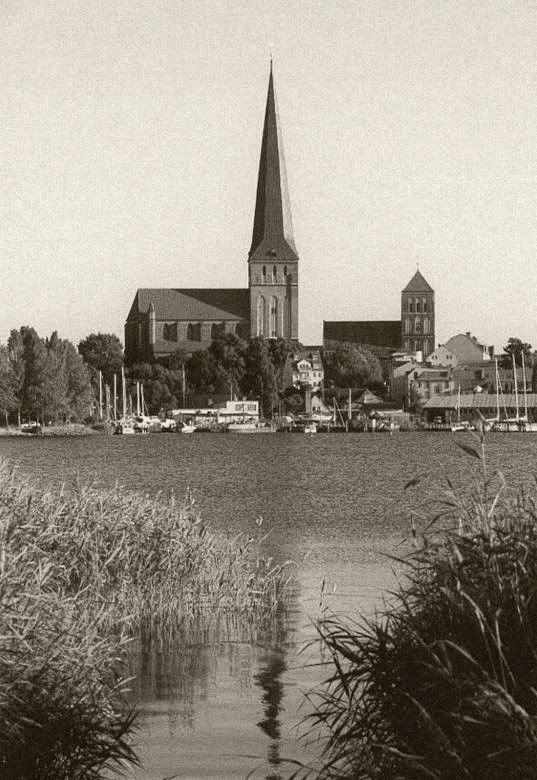

Prussia and Sweden conclude a deal over the sale of Rostock and a good deal of surrounding land to the Swedish Kingdom for about 100 Million Marks. The extraordinary price can be explained by the modern port facilities that Rostock boasts, as well as the Fort on Rügen Island. The land, formerly known as Swedish Pomerania, was owned by Sweden from the end of the Thirty-Years War until Napoleon took it from the Swedes. The Bernadottes have long wanted to re-acquire this vital piece of land on the Baltic coast, and now they have achieved this goal. The transaction is scheduled to begin on January 1 of 1872. Until then it is kept under wraps.
No matter what the cost to pride, the Prussian government thought this move was imperative to their country’s survival.

The City of Rostock is both an important sea port and beautiful city.
October 2, 1871
October 10, 1871
November 5, 1871
November 29, 1871
December 15, 1871
A Referendum in Rome proposing a joining with Italy is passed by a very large margin. All of Italy is now unified, and Rome is its national capital.
October 10, 1871
Playing off the good feelings from the Rome annexation, Italy begins an industrialization initiative in order to make the nation more like other modern European nations. As it is, most of the common people are close to Poverty, and the military is very outdated. Umberto hopes that Industry will “Put bread on the table and keep invaders out”.
November 5, 1871
Austria-Hungary begins a process of “Austrinization” in her new territory of Silesia. Emperor Franz Josef begins sending in Austrian teachers, and putting Austrian politicians in charge of government functions. Posters and fliers are dispersed throughout the territory boasting that everyone is equal and that Austria will treat the Silesians better than the Prussians ever did.
Not yet trusting the Poles and Germans there, the Emperor is keeping a moderately large garrison of about 75,000 soldiers stationed there.
November 29, 1871
Great Britain sends in an expedition to the Gold coast of Africa. Consisting of almost 250 explorers, their main purpose is to establish if a colony can be started or not. The French also have a similar expedition planned.
December 15, 1871
Napoleon III sends a telegram to Umberto I of Italy, asking for a formal Military Alliance. Napoleon wants the Mediterranean to become completely dominated by France. “England can have the Atlantic,” he boasts, “But I will have the Mediterranean!” France has given much aid to the unified Italian kingdom, and hopes this will be enough for an alliance to be reached.

Umberto I, the first King of a unified Italy.
December 20, 1871
January 1, 1871
The proposal for a military alliance between Italy and France is passed through Italian parliament almost unanimously. Italy has long been looking for some way to burst onto the greater European political scene, and now she has it.
January 1, 1871
At exactly 12:01 AM, the sale of Rostock and the surrounding area is completed between Sweden and Prussia. Sweden once again has land on what is considered Continental Europe for the first time in almost 70 years.
Denmark however, is not pleased at all with this transaction…
To Be Continued….
